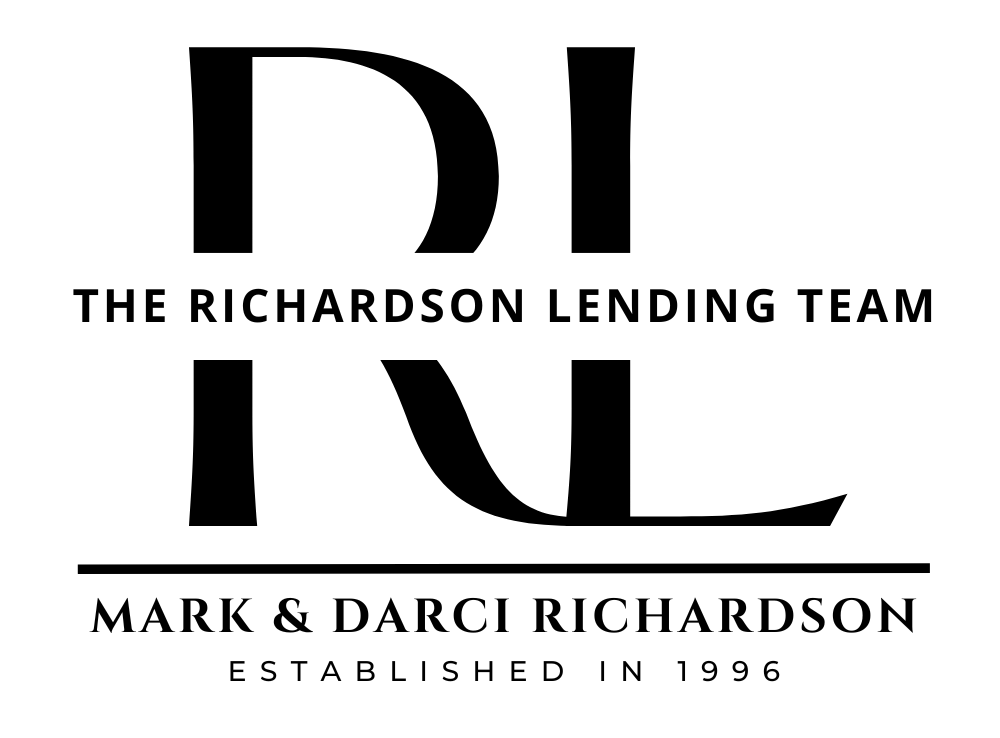Self-Employed? Here’s What You Should Know About Mortgages

Around 10% of all U.S. workers are self-employed. There’s an idea floating around out there that it’s much harder to get a mortgage if you’re a business owner. That’s not true, but there are a few things to keep in mind, and you’ll need to provide some extra paperwork for us. Here are the things you need to know about getting a self-employed mortgage.
Self-Employed People Can Get Traditional Loans Self-employed people are eligible for the same loans as everyone else. This also means you’re held to the same qualification standards as everyone else. Basically, we want to make sure that lending you money is a wise idea, and we have a couple of ways we look at that. We take a look at your credit, and we also take a close look at your income and assets. Income Verification The biggest difference between you and a traditional borrower is income verification. When you get a traditional mortgage, we verify your income with recent pay stubs and W-2 forms from the last two years.
When you’re self-employed, you may not have W-2 forms that verify your salary. In fact, if you’re like most business owners (and honestly, if you’re a smart one), you maximize your deductions and expenses when you file taxes, which can leave you with a lower income than you’d have if you were a standard salaried employee. A lower income can put you at a disadvantage when we’re looking at debt-to-income (DTI) ratios, which is how we calculate how much of a mortgage you’re eligible for. Your DTI ratio is your monthly debt divided by your monthly income. If you earn $6000 a month and owe a total of $1500 each month (including your new mortgage), your DTI is 25%. Paperwork We’ll Need From You You’ll need to submit additional paperwork if you’re self-employed, but the exact documentation you’ll have to submit depends on your situation. You’ll definitely need to submit two years of complete personal and business tax returns, along with profit and loss statements for the time since your last tax return to the present.
In addition, we may ask for: A statement from your CPA Your business license IRS Form 4506-T, which gives us permission for your tax return transcripts Business bank statements DBA verification A business license Info about business debts and monthly payments Planning Ahead Planning ahead will help a lot when you’re looking to get a mortgage as a self-employed person. Register Your Business and Create Separate Accounts: Be sure to register your business for the appropriate licenses. Set up separate business accounts so they don’t get mixed in with your personal accounts. Keeping clean, easy-to-understand records will make it much easier for us to get an accurate picture of your financial situation. Consistent, Stable Income: Some fluctuation in income can be OK, but it should be generally trending upward. It’s also best if you have two years of income in the same industry (there may be some exceptions if you were working in the same industry before you became self-employed). We’ll look at the trajectory of your business over time and look at how it’s expected to do in the future. We also have loan programs that we can use 24 months of your business bank statements and take a percentage of the deposits and use that for your year income.Good Credit: Good credit can go a long way. Foreclosures, bankruptcies, and delinquencies make you a riskier borrower. If you have a business credit rating, plan on us checking that, too. Cash Reserves: It makes you a less risky borrower if your business has cash reserves. That shows that you can continue to pay yourself even in times of less work than you expect. Ready to Get Started?
If you’re ready to get started, please give me a call! We’ll be happy to go through your unique situation with you and make sure you’re in a good place before you even apply for a mortgage.
